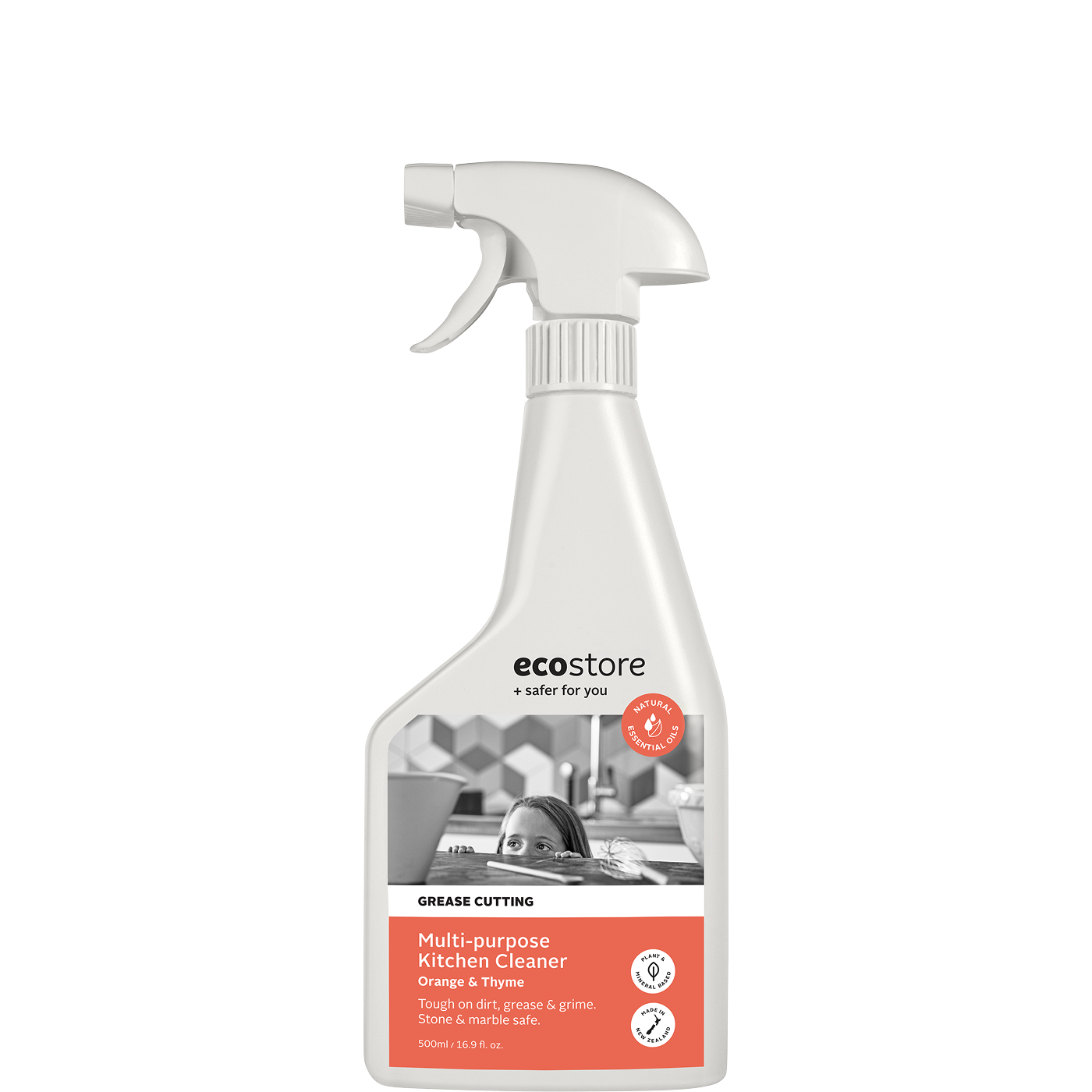Eczema, also known as atopic dermatitis, is a condition where patches of the skin can become itchy, dry or scaly. In New Zealand it's particularly common among our young people, occurring in 15% of children and 9% of adolescents. However, it can impact anyone, at any age, at any time.
Eczema is considered an inflammatory skin condition, as symptoms occur as a result of inflammation of the skin's outer layer. And if you've suffered from it you'll be familiar with just how uncomfortable and irritating it can be! Our skin serves as a barrier between us and the outside world, but with eczema this barrier becomes impaired causing, moisture to be lost from the skin, leading to inflammation and sensitivity to irritants and allergens1. The triggers for aggravating eczema are extensive - everything from certain perfumes and soaps, to fabrics, to temperature changes, to stress, to various foods, to bacterial or viral infections.
While the condition can be stubborn and persistent at times, it's also fortunately responsive to diet, and making changes to the foods we eat may assist some eczema sufferers with symptom management. It's important to keep in mind individuality though - one person's ‘anti-eczema' diet may look different to another sufferer's, especially when isolating specific foods that trigger flare-ups. Ultimately, at its core, an anti-inflammatory way of eating, or a diet that helps to minimise inflammation within the body, can offer benefits - and this approach is fabulous for overall health too.
Eczema and food allergies
Many individuals with eczema may also be diagnosed with potential food allergies, which is where our immune system reacts in an abnormal way to something we've eaten or drunk. A reaction can lead to inflammation, which can trigger a flare in eczema symptoms - hello angry skin!
While some food allergens are more common than others, for example cow's milk, soy, gluten, fish, citrus or eggs, we're each so different. So determining potential food allergies should be conducted with a medical specialist who has knowledge of allergies and can carry out proper and specific testing - it's important to remove only the foods you have to.
Anti-inflammatory foods to combat eczema
As inflammation is at the root of eczema, eating an anti-inflammatory diet may help with reducing symptoms over time. A nutrient-rich diet, packed with whole foods that are natural or as natural as possible, can form a great basis for an anti-inflammatory diet. Although keep in mind that some food allergies can also cross into the category of quality whole foods (e.g. fish) - hence the need for some investigating if a food allergy is suspected. Some fabulous anti-inflammatory foods include:
Probiotic-rich foods
Probiotic-rich foods contain live cultures, which help support a thriving gut and strong immune system. These can include sauerkraut, kefir, tempeh, miso soup and sourdough bread.
Oily fish
Oily fish contains essential omega-3 fatty acids, which help reduce inflammation in the body. Sources include salmon, sardines, mackerel and herring. Omega-3 fatty acids can also be found in smaller quantities in plant-based foods, like chia seeds, walnuts and flaxseeds.
Extra virgin olive oil
A highly nutritious food that contains powerful antioxidants, which can help reduce inflammation in the body. Olive oil is fabulous drizzled over salad veggies!
Colourful fruit and veggies
‘Eating your colours' will give you a plethora of nutrients which exert anti-inflammatory affects in the body, like the antioxidants vitamin C, E and A.
On the other side of the coin, minimising foods that have an inflammatory effect within the body, like refined carbohydrates and sugary processed foods, may be beneficial too.
With managing eczema long-term, remember it comes down to determining your own triggers, and what can help prevent flare-ups, including the necessary topical treatments. So be patient and consistent with treatment, and open to exploring dietary possibilities too.
Reference:
1. Skin barrier function, epidermal proliferation and differentiation in eczema. Ehrhardt Proksch-Regina Fölster-Holst-Jens-Michael Jensen - Journal of Dermatological Science - 2006
-----
Danijela Unkovich is a nutritionist and blogger at Healthy Always, where she shares recipe ideas and wellness inspiration.
Read more

I once heard the average woman puts hundreds of synthetic chemicals on her skin every day, simply through the body products she uses. The skin - it's our largest organ. And a pretty darn absorbent...

I once heard the average woman puts hundreds of synthetic chemicals on her skin every day, simply through the body products she uses. The skin - it's our largest organ. And a pretty darn absorbent...






